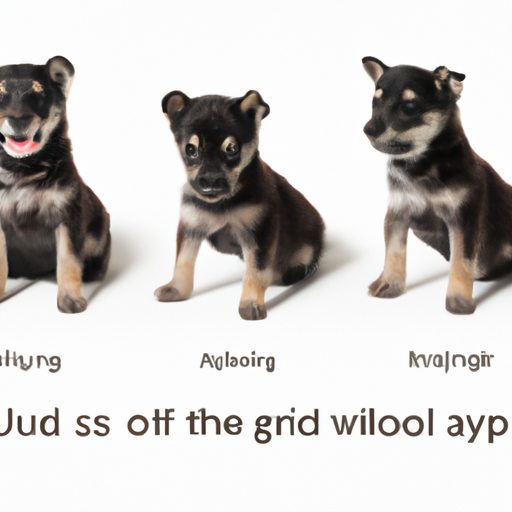“`markdown
How Dogs Age
Understanding Your Dog’s Age
You might’ve heard the old adage, “one dog year equals seven human years.” This is a simplistic approach to understanding the aging process of our beloved companions. In reality, dogs age at a different rate than humans. Smaller breeds tend to live longer than larger ones, and your dog’s health, diet, and environment can also influence their lifespan.
Factors Influencing Dog Aging
Several factors play a crucial role in determining how quickly your pooch ages:
- Breed: Smaller breeds tend to live longer than larger breeds. For instance, a Chihuahua can live up to 15-20 years, while a Great Dane might only live for 7-10 years.
- Genetics: Certain breeds are prone to specific health issues that can affect longevity.
- Diet and Exercise: A balanced diet and regular exercise can help keep your pet healthy and extend their lifespan.
- Environment: Dogs living in a safe, clean environment with plenty of mental stimulation will likely live longer than those in stressful or unhealthy situations.
Age-Related Changes in Dogs
As your dog ages, you’ll notice several changes. These might include:
- Decreased activity levels
- Greying fur, particularly around the muzzle
- More frequent health issues
- Changes in sleep patterns
- Changes in appetite and weight
| Age-Related Changes | Young Dogs | Middle-Aged Dogs | Older Dogs |
|---|---|---|---|
| Activity Levels | High | Moderate | Low |
| Health Issues | Few | Some | Frequent |
| Sleep Patterns | Regular | Slightly Altered | Irregular |
| Appetite & Weight | Stable | Varies | Fluctuates |
Caring for an Aging Dog
As your dog’s primary caregiver, it’s up to you to help them navigate their golden years with grace. Regular vet check-ups, a balanced diet, and gentle exercise can go a long way. Also, consider the following:
- Adjust their diet to one suitable for older dogs.
- Provide joint supplements if necessary.
- Keep them mentally stimulated with toys and puzzles.
- Offer plenty of love and patience as they age.
Frequently Asked Questions
Q: How can I tell if my dog is getting old?
A: Signs of aging in dogs include decreased activity, greying fur, more frequent health issues, changes in sleep patterns, and changes in appetite and weight.
Q: How can I help my aging dog stay healthy?
A: Regular vet check-ups, a balanced diet, gentle exercise, and mental stimulation can help your pet stay healthy as they age.
Q: Does breed affect a dog’s lifespan?
A: Yes, smaller breeds tend to live longer than larger breeds, although genetics, diet, exercise, and environment also play a role.
Remember, every dog is unique, and these are general guidelines. Always consult with your vet for the best care advice for your furry friend.
“`



